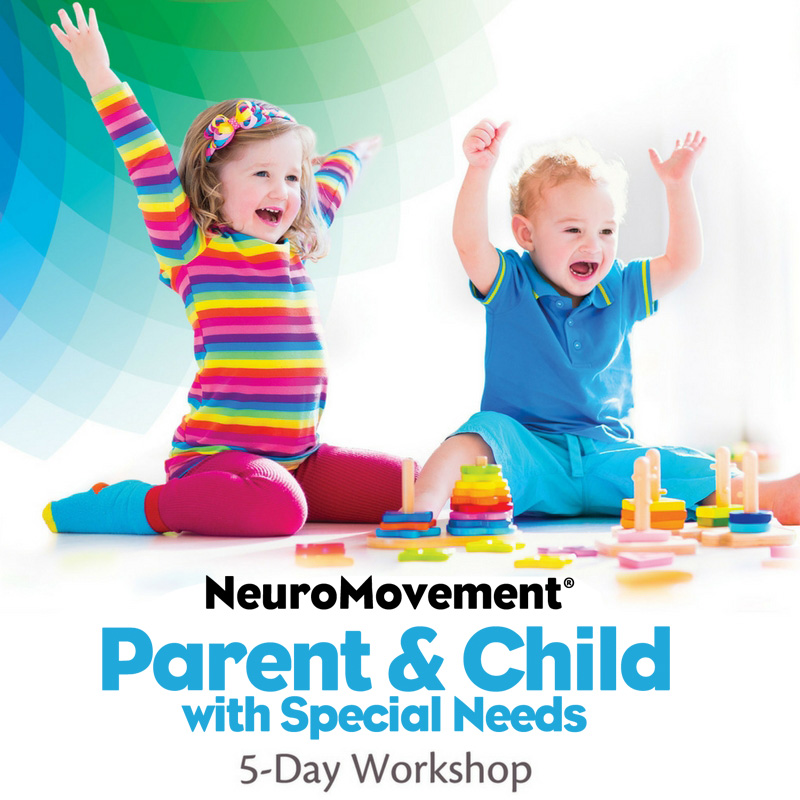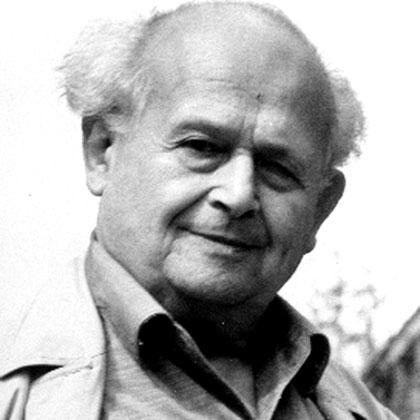
A parent gave me a ‘Gift’ unknowingly which I would love to share with you.
Due to a very rare genetic mutation, her child’s development was very delayed. During our first sessions, all this child could do was to cry in her mother’s arms…

A parent gave me a ‘Gift’ unknowingly which I would love to share with you.
Due to a very rare genetic mutation, her child’s development was very delayed. During our first sessions, all this child could do was to cry in her mother’s arms…

Our children’s brains are self-improving systems when given the right information.
In a safe and nurturing environment, typically developing children make gradual progress on their own while…

Have you ever strained your ankle or a part of your body?
If you did, have you also had the experience of pain or discomfort in other areas like your knees, your hips, your back or maybe even your neck while you were recovering? This is the result of…

I’m very excited to share with you information about Anat Baniel’s new video program, “NeuroMovement® for Parent & Child with Special Needs 5-Day Workshop”.
A parent whose child I worked with has experienced the workshop and found it to be a life-changing experience…

Often times parents brought their children to me with a focused issue.
For one child, it could be walking on their toes. For another, it could be their child holding one hand in a fist. The list goes on. What these parents are seeing could just be the tip of the iceberg…

What is the normal process of learning?
According to Dr. Feldenkrais, typically developing children learn movement through “fifty”, “a hundred trials” and “with every new attempt” the child finds movement “which is simpler, easier” until he develops…

How to teach your child to move with ease and greater freedom?
Recently a number of my new clients exemplified a learned habit of effort and strain when moving their bodies. Imagine living a life when every physical action you take is effortful…

How to support your child with learning good movement habits?
Movements are learned through sensory feedback loops. Movements that feel pleasurable or novel are more likely to be repeated spontaneously and hence…